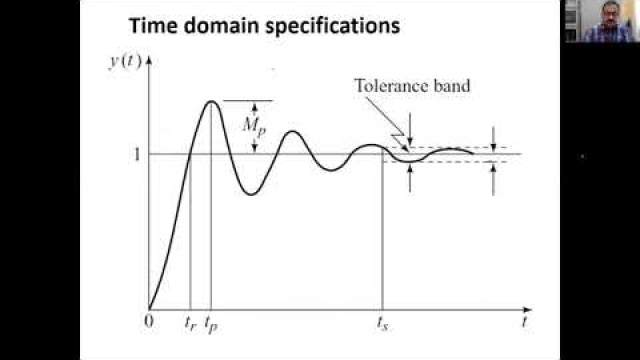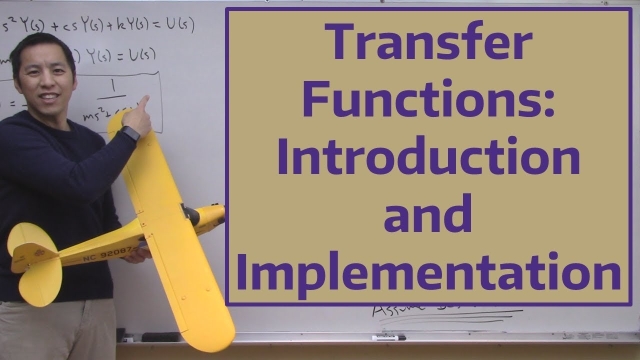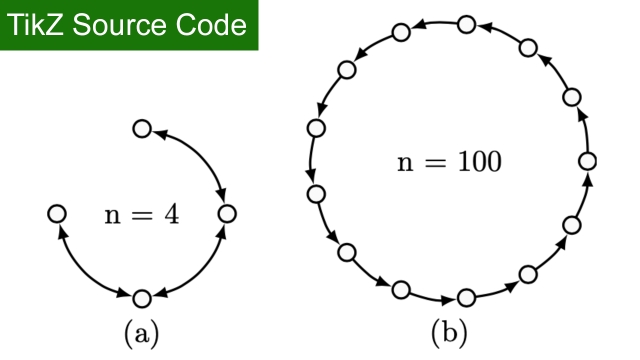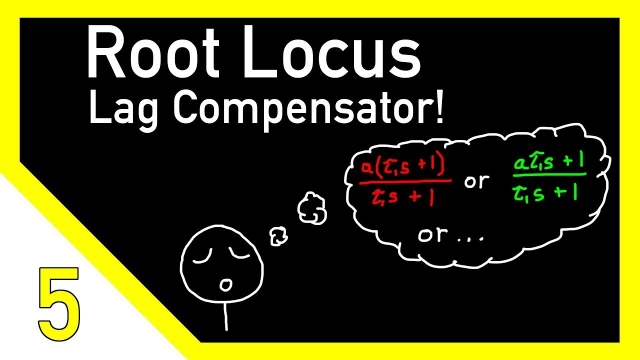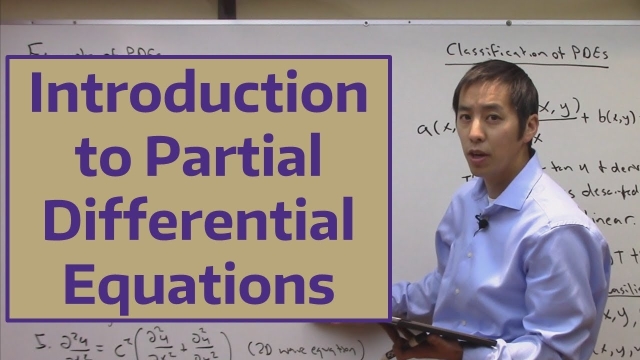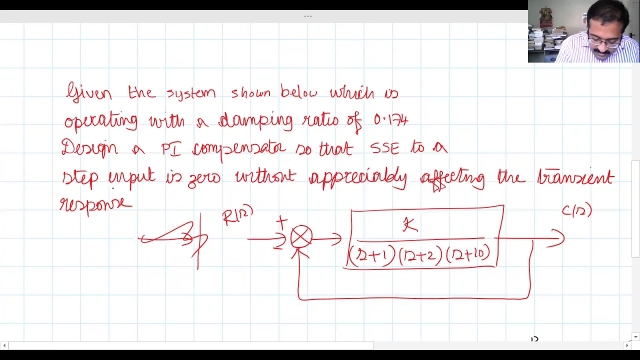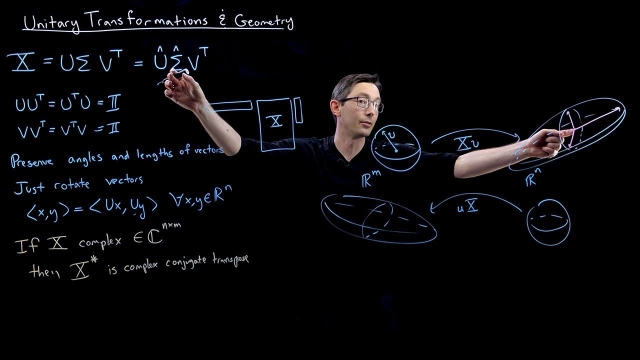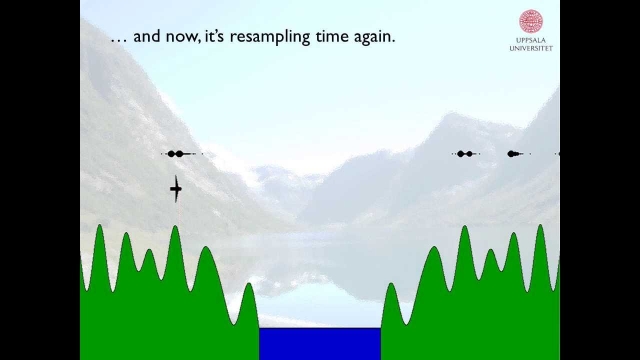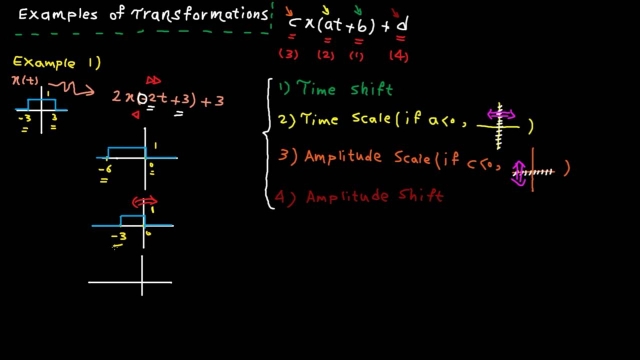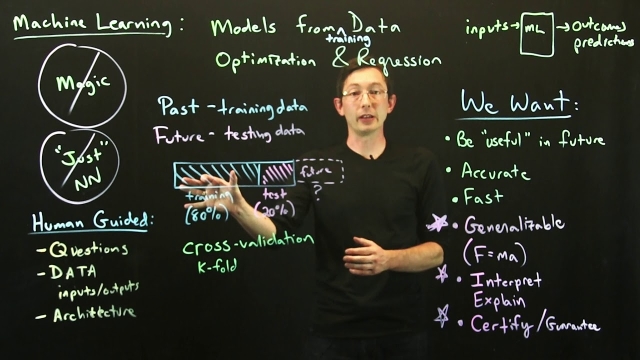
Types of Machine Learning 2
This lecture gives an overview of the main categories of machine learning, including supervised, un-supervised, and semi-supervised techniques, depending on the availability of expert labels...
See MoreIntro to Process Control
I discuss the motivation and introduce the logic behind controllers that engineers design to respond to errors in outputs (deviations from set points). P and...
See MoreRouth Array and Stability
I show how we can find the range of allowed controller gains for a system that will allow us to maintain stability using a Routh Array.
See MoreMachine Learning - Andrew Ng, Stanford University
Machine learning is the science of getting computers to act without being explicitly programmed. In the past decade, machine learning has given us self-driving cars, practical speech...
See MoreStability of Closed Loop Control Systems
This video explains why we need design tools like the Routh-Hurwitz Criterion, Bode Plots, Nyquist Plots, and Root Locus. This is an introduction into the difficulties of determining the...
See MoreNonhomogeneous Linear Ordinary Differential Equations
In the previous video (https://youtu.be/3Kox-3APznI) we examined solving homogeneous linear ordinary differential equations (the forcing function was equal t...
See MorePeter Ponders PID - Closed Loop Zeros
This video covers closed loop zeros, what causes zeros and the benefits and drawbacks of closed loop zeros.
See MoreA Visual Introduction to Machine Learning
Machine Learning Explained in interactive visualizations (part 1).
See MoreReachability and Controllability with Cayley-Hamilton [Control Bootcamp]
Here we use the Cayley-Hamilton Theorem to show that the full state space is reachable if and only if the system is controllable.
See MoreNumerically Solving Partial Differential Equations
In this video we show how to numerically solve partial differential equations by numerically approximating partial derivatives using the finite difference me...
See MorePeter Ponders PID- Motor position control
Control Bootcamp: Full-State Estimation
This video describes full-state estimation. An estimator dynamical system is constructed, and it is shown that the estimate converges to the true state. Further, the eigenvalues of the...
See MoreResonant Frequency of a Dynamic System
In this video we discuss the resonant frequency of a dynamic system. We show how the resonant frequency, natural frequency, and damped natural frequency are...
See MoreTikZ source Code: Feedback systems
TikZ source Code: Feedback systems
See MoreFourier Series and Gibbs Phenomena [Matlab]
This video will describe how to compute the Fourier Series in Matlab and Gibbs Phenomena that appear for discontinuous functions.
See MoreLecture 10: Second Order Underdamped Systems: Unit step response and time do...
Transfer Functions: Introduction and Implementation
In this video we introduce transfer functions and show how they can be derived from a set of linear, ordinary differential equations. We also examine how to...
See MoreTikZ source Code: Simulation Graph
TikZ source Code: Simulation Graph
See MoreDesigning a Lag Compensator with Root Locus
This video walks through a phase lag compensator example using the Root Locus method.
See MoreIntroduction to Partial Differential Equations
This is the first lesson in a multi-video discussion focused on partial differential equations (PDEs).In this video we introduce PDEs and compare them with o...
See MoreLecture 18: PI and Lag Compensator Design using Root Locus
Unitary Transformations
This video discusses unitary matrix transformations and how they relate to the geometry of the singular value decomposition (SVD).
See MoreParticle Filter Explained without Equations
This video provides a quick graphical introduction to the particle filter. It does a good job building some intuition behind the filter without ever touching on any mathematics. It's worth a...
See MoreTime domain - tutorial 4: transformation examples
In this video, we solve examples to practice different signal transformations using a systematic approach. By the end of this lecture, you should be able to ...
See MoreMachine Learning and Cross-Validation
This lecture discusses the importance of cross-validation to assess models obtained via machine learning.
See More
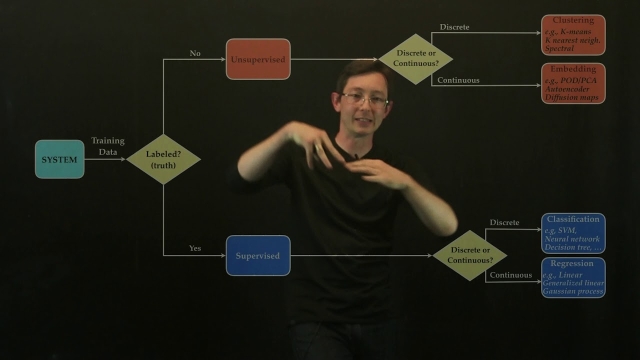

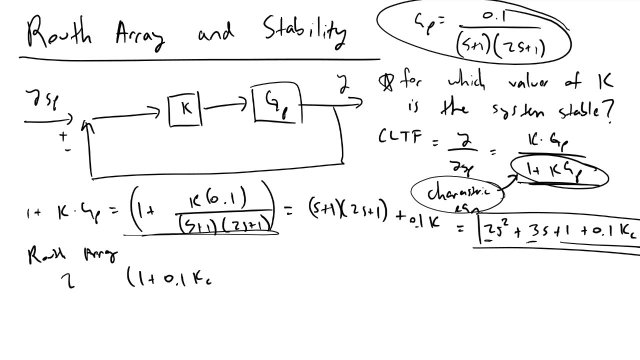
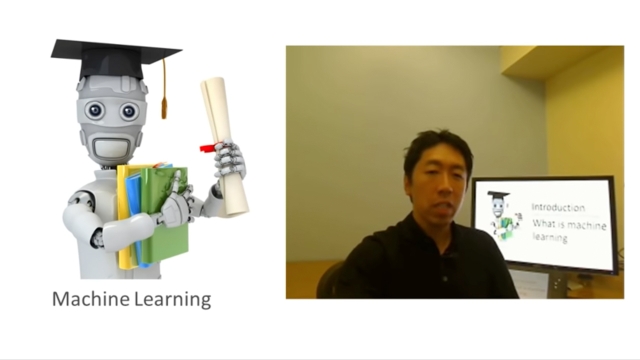
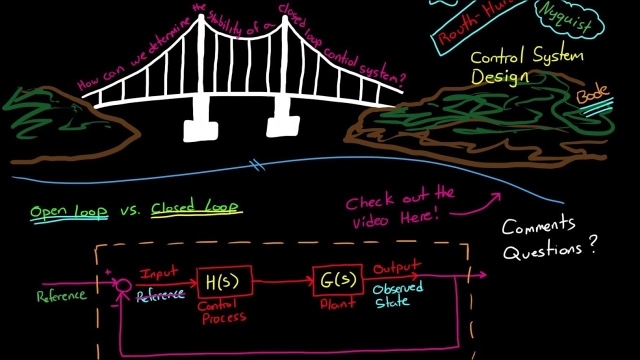
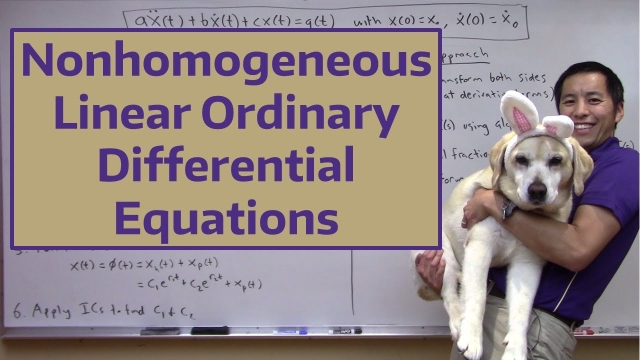
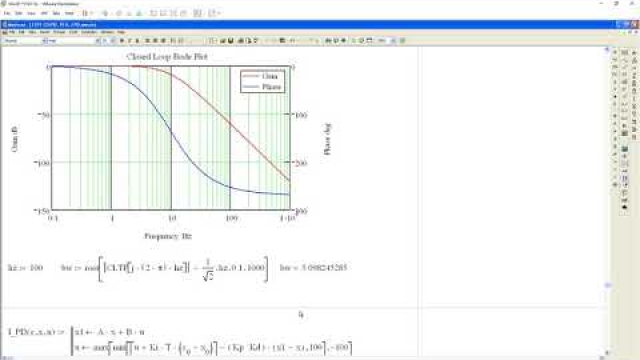
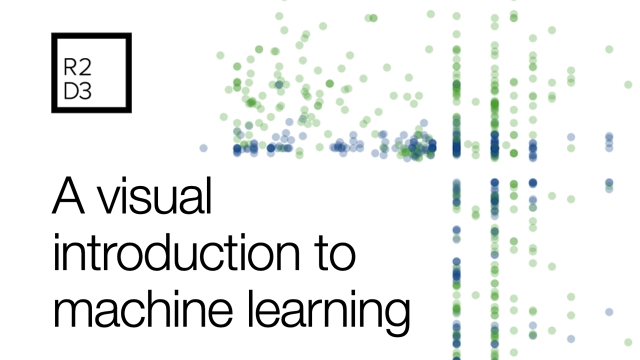
![Reachability and Controllability with Cayley-Hamilton [Control Bootcamp]](/sites/default/files/styles/search_resulkts/public/2020-12/maxresdefault_306.jpg?itok=SzmzyZ6Z)
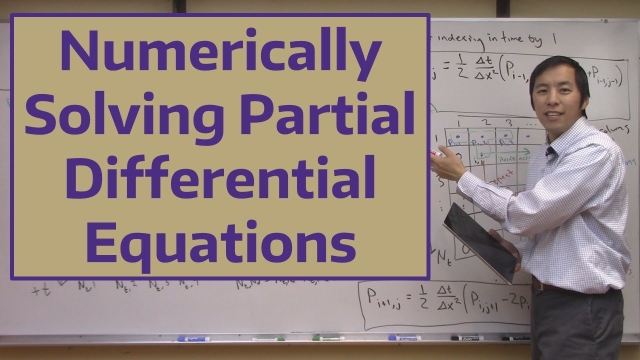
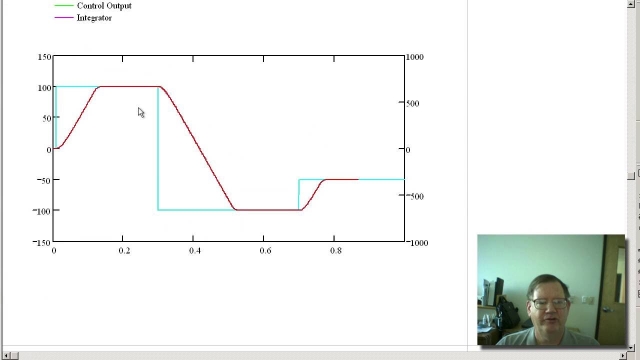
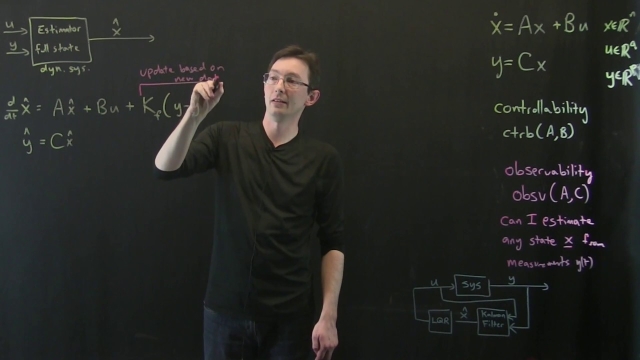
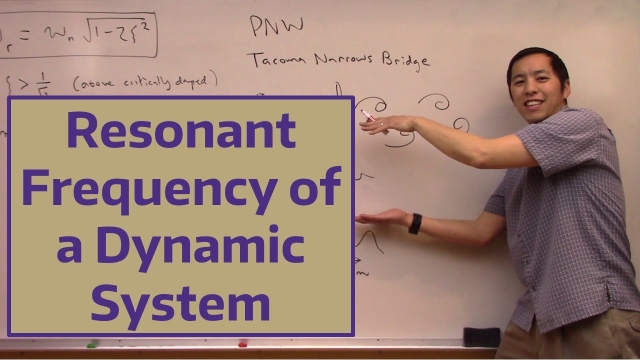
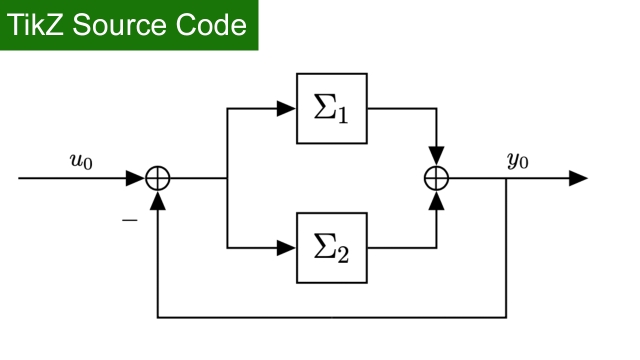
![Fourier Series and Gibbs Phenomena [Matlab] Fourier Series and Gibbs Phenomena [Matlab]](/sites/default/files/styles/search_resulkts/public/2020-12/maxresdefault_363.jpg?itok=YEl5oqig)
